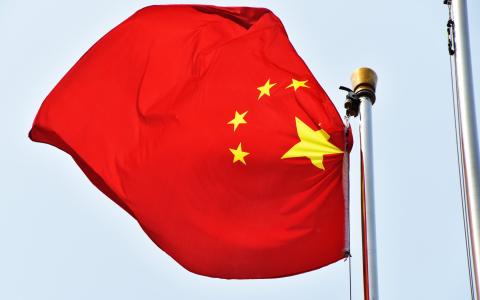
As the U.S. Treasury Secretary Janet Yellen stepped onto the industrious grounds of Guangzhou, China, she carried a stern message for the nation's policymakers: the current scale of production, particularly in the realm of clean energy technologies, is unsustainable.
The Chinese market is propelling an overwhelming surplus of electric vehicles (EVs), batteries, solar panels, semiconductors, and a spectrum of other advanced manufactured items into the global arena, catalyzed by extensive state backing and domestic demand that lags behind production capabilities. This deluge is precipitating a global price drop for various products, placing immense pressure on manufacturers across different countries.
A senior figure from the U.S. Treasury highlighted the perils of overproduction in pivotal Chinese industries, expressing concerns over the financial viability of these sectors and the inevitable need to find markets for their surplus production. During a series of strategic discussions with China's leading economic figures, Yellen intends to express the global apprehension towards this overproduction and emphasize its detrimental impact not just on China but on major economies worldwide including the U.S., Europe, Japan, and Mexico.
Yellen plans to articulate that any international trade measures taken are not targeted attacks against China but are responses to its current economic strategies. However, China seems to be intensifying its investment in manufacturing capabilities, especially in high-tech sectors, a move that is increasingly becoming contentious with European interests.
Experts like Brad Setser, a seasoned trade and Treasury professional, foresee a possible escalation in tensions between China and other global powers. He suggests that Yellen's cautionary stance might be a precursor to the Biden administration considering new trade restrictions or tariffs on Chinese exports like EVs and batteries.
Yellen, on her journey to Guangzhou, did not disclose whether she would propose new tariffs during her meetings with key Chinese officials. Nonetheless, she underscored the Biden administration's commitment to nurturing American supply chains in clean energy sectors through investment tax incentives, leaving open the possibility of adopting additional protective measures.
In March, the Chinese government pledged allegiance to President Xi Jinping's vision of unlocking "new productive forces" by channeling investments into burgeoning technological domains such as EVs, novel materials, space commercialization, and biotechnology, sectors where U.S. entities currently lead. Yellen is poised to argue that China's investment would yield greater returns if redirected towards bolstering household support and invigorating its flagging consumer market.
The outcomes of China's investment surges are overwhelming. By the close of 2022, China's automotive production capacity stood at a monumental 43 million vehicles annually, with an operational efficiency just shy of 55%. This mismatch translates to an excess production capacity roughly equal to two-thirds of the total North American automotive output for the same year.
In the realm of solar energy, China's dominance is even more pronounced. Last year, overproduction led to a 42% price plunge, making Chinese solar panels 60% cheaper than their American counterparts. With the capability to manufacture 861 gigawatts of solar modules annually—over double the global installed capacity—and plans to expand further, China is set to meet global demand for the next decade.
Despite these dynamics, Chinese representatives are likely to defend their position by attributing the surplus to unforeseen demand contractions, exacerbated by a property market downturn and the aftermath of the COVID-19 pandemic. As Scott Kennedy, a China economics specialist, anticipates, this complex issue may lead to discussions that circle back without resolution.



